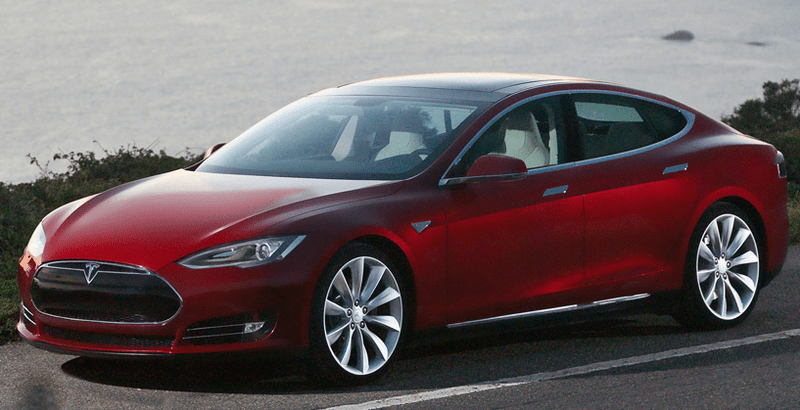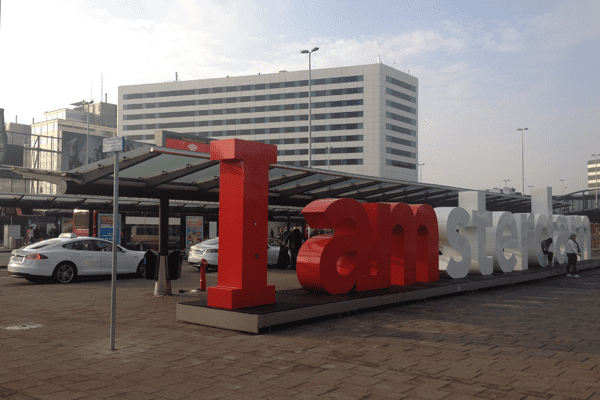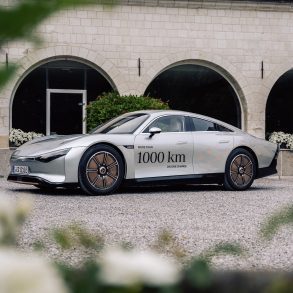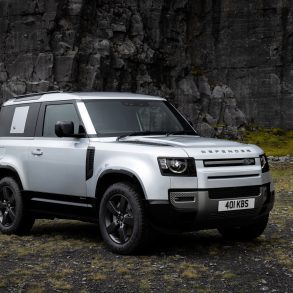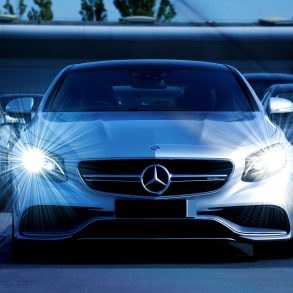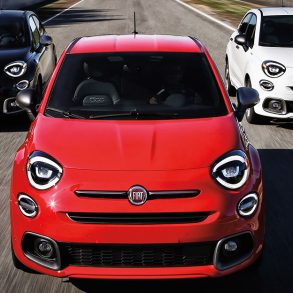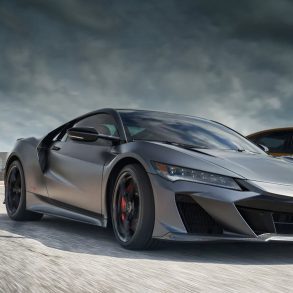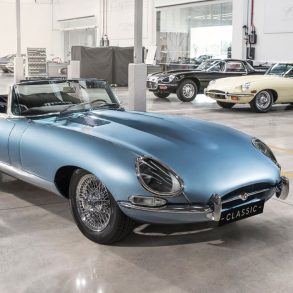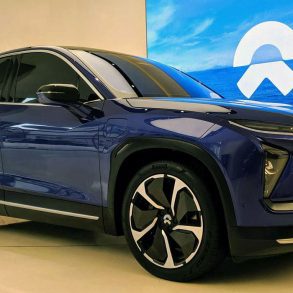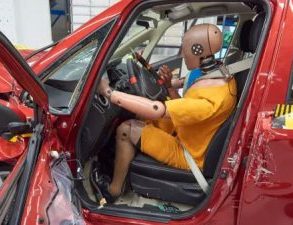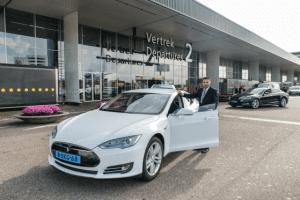 Amsterdam Schiphol Airport has recently introduced the Tesla Model S as the preferred airport taxi for arriving passengers who need transportation to their destination. This means a total of 167 Tesla Model S 85 kWh sedans are currently in use by two taxi companies, giving Schiphol the largest fleet of all-electric taxis of any airport in the world. A third company, Taxi Electric, has run a Model S between Amsterdam and Schiphol airport for a few months already, in addition to its fleet of Nissan Leaf zero-emission taxis. The Tesla taxis will serve Schiphol for a period of at least four years, with an optional extension of up to eight years.
Amsterdam Schiphol Airport has recently introduced the Tesla Model S as the preferred airport taxi for arriving passengers who need transportation to their destination. This means a total of 167 Tesla Model S 85 kWh sedans are currently in use by two taxi companies, giving Schiphol the largest fleet of all-electric taxis of any airport in the world. A third company, Taxi Electric, has run a Model S between Amsterdam and Schiphol airport for a few months already, in addition to its fleet of Nissan Leaf zero-emission taxis. The Tesla taxis will serve Schiphol for a period of at least four years, with an optional extension of up to eight years.
“This represents a crucial step in our efforts to reduce CO2 emissions and become one of the world’s top three most sustainable airports’, explained Jos Nijhuis, Schiphol Group’s President and CEO, who happens to drive a Tesla Model S company car himself. The Tesla taxis are expected to run just over half of all taxi rides from the airport, as they’ll be supplemented with regular diesel-powered taxis during peak hours.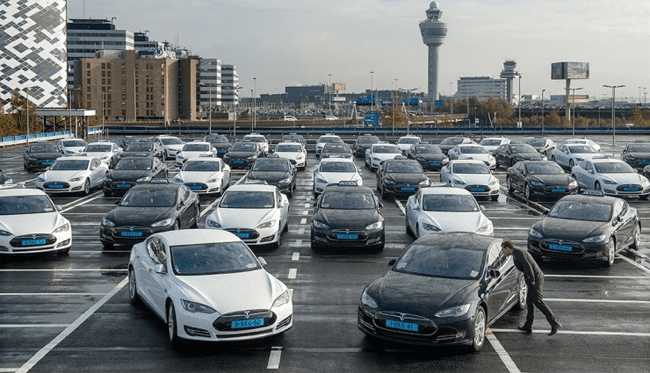
The Tesla deal, which has a list price value of over € 10 million, follows up on last year’s order of 35 all-electric buses from the Chinese automaker BYD, which have been put in use last July to shuttle passengers to, from and between terminals. This was also Europe’s largest order of electric buses at the time, underscoring Schiphol’s ironic intentions of helping to keep the Amsterdam air clean. Other green initiatives at the airport include installing LED lighting in the terminal and car parks, conducting trails of LED lighting on the apron where aircrafts are parked and using 100% recycled asphalt on the airport’s roads.
The Model S will replace a fleet of Mercedes-Benz E 220 CDI diesel-powered sedans which had been used by the same taxi companies since 2009. The E-Class has been the preferred taxi in The Netherlands for decades thanks to its reliability, low running costs and image. The switch away from Mercedes-Benz could cost the German brand more than just the loss of 167 sales, as it gives Tesla credibility as a true competitor (if it even needed that) to the establishment, it will bring hundreds of people from all over the world in touch with the brand on a daily basis, and it offers Tesla a great opportunity to prove its real-life usability, reliability and range.
Speaking of range, the taxi companies are not afraid to get stranded without a charge, as the electric motors of the Model S taxis have been downtuned to extend their battery life. They’re limited to 130 km/h (80 mph), which is the legal speed limit in The Netherlands, and the acceleration has been tempered as well. From their experience running the taxi service at Schiphol airport, the companies already know that 80% of all trips will be to the city of Amsterdam, which is just a 15km drive.
Bios-group, with 71 Teslas, has built their own charging station near the airport, which will be the largest of its kind in Europe. Its partner and competitor BBF-Schipholtaxi, with 96 Teslas operated by independent entrepreneurs, will make sure every driver gets access to a charger in the vicinity of their homes, which are mostly in or around Amsterdam.

